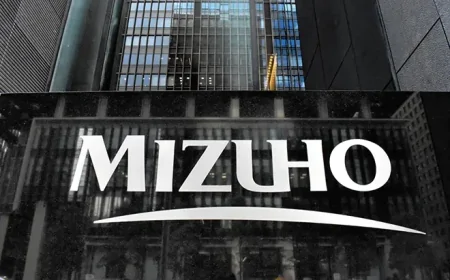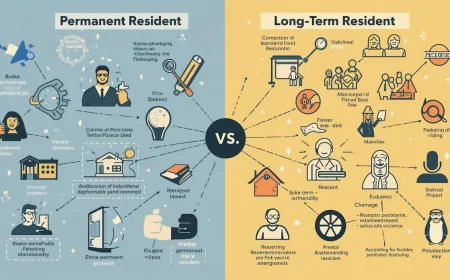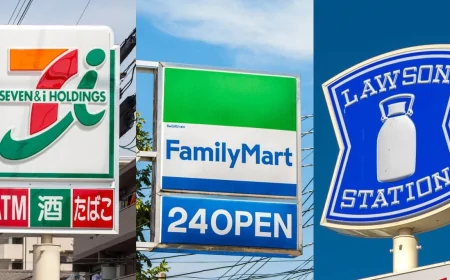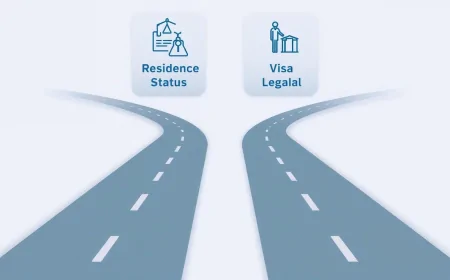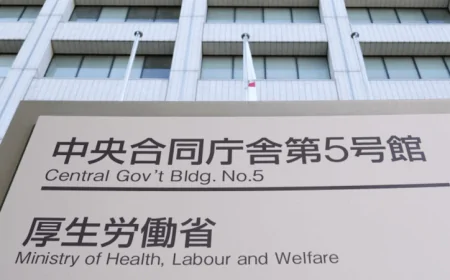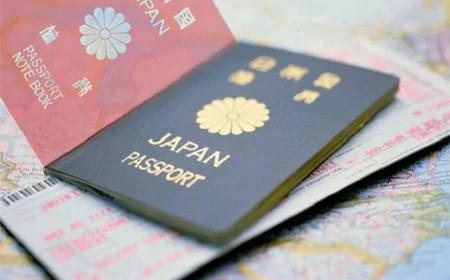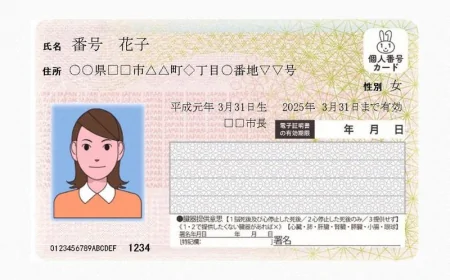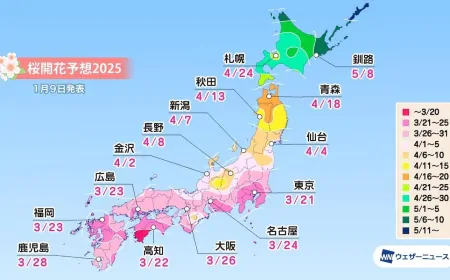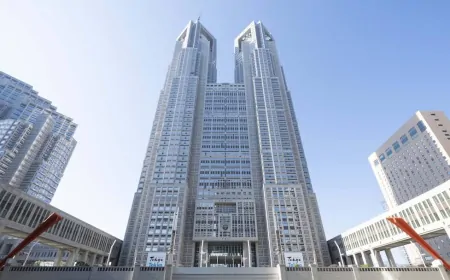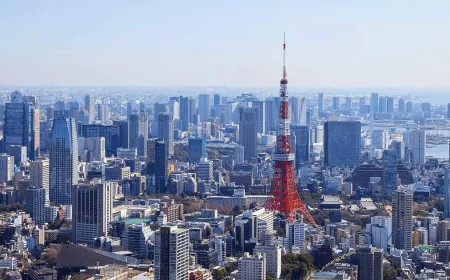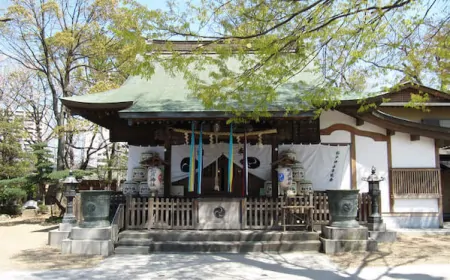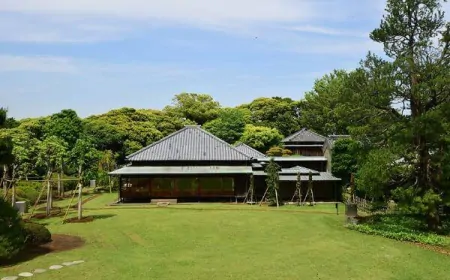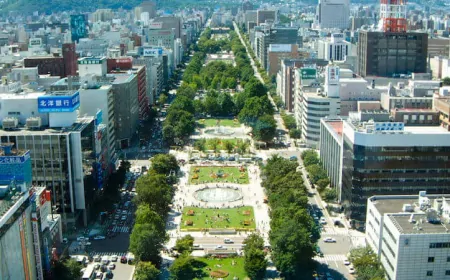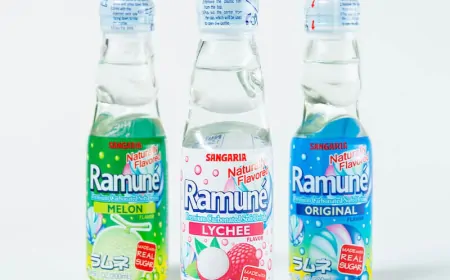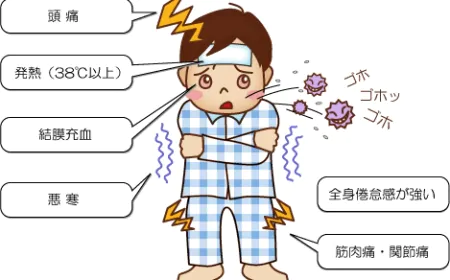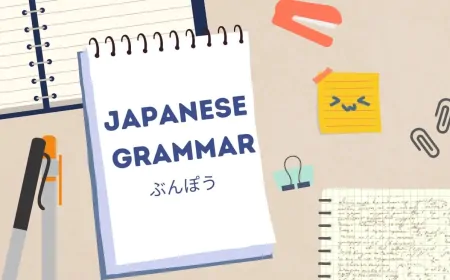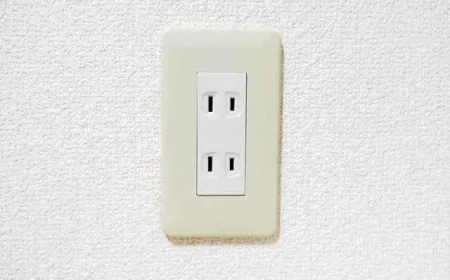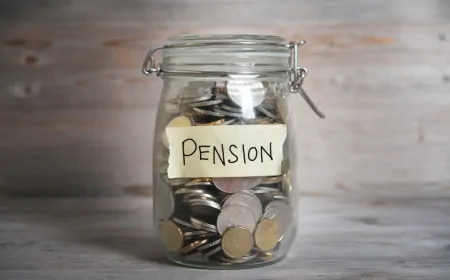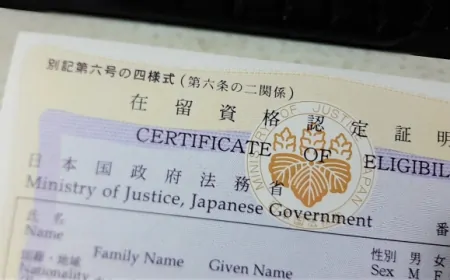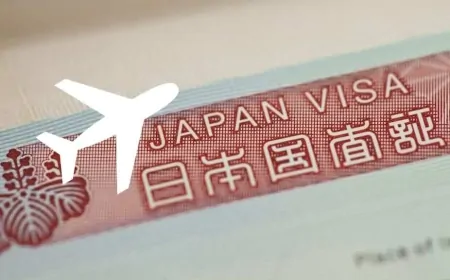Deny Visa renewal for foreigners who don’t pay national health insurance
In a new policy proposal, the Japanese government is moving toward stricter immigration rules for foreigners who fail to pay their National Health Insurance (Kokumin Kenko Hoken) or pension fees.
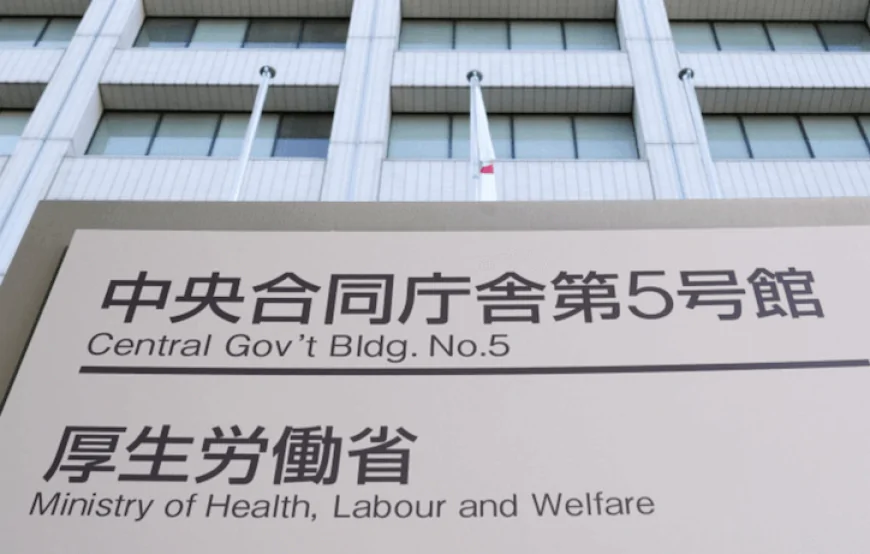
Under the plan, individuals who continuously ignore payment requests from local authorities may be denied visa renewal or status of residence changes starting around June 2027.
1. What the New Policy Means
According to Japan’s Ministry of Health, Labour and Welfare (厚生労働省), the government is preparing a system that links residency management and insurance payment data across municipalities.
The goal is to ensure that all residents — including foreign nationals — contribute fairly to Japan’s social insurance system.
In short:
“Foreign residents who do not respond to payment requests will, in principle, be denied permission to renew or change their visa status.”
This information has been confirmed by several Japanese media outlets such as TV Asahi and NHK.
2. When Will This Take Effect?
The policy is still under discussion and expected to be implemented around mid-2027.
Before that, the government will test the data-sharing system between local governments and the Immigration Services Agency (出入国在留管理庁).
In other words, nothing has been enforced yet — but the system is being built and will likely become official within the next two years.
3. Who Will Be Affected?
The new rule will mainly affect:
- Foreign residents who are enrolled in Japan’s National Health Insurance but have not paid for several months.
- Those who receive payment requests and still fail to respond or arrange installment payments.
However, exceptions may exist. For example:
- People who have started repayment,
- Those with valid financial or health reasons, or
- Situations officially recognized by local governments.
If you are actively paying, or have already discussed payment arrangements with your city office, you are unlikely to be affected.
4. Why This Policy Is Being Introduced
Japan’s National Health Insurance system is based on shared contributions.
While most Japanese citizens pay regularly, government reports show that only around 60% of foreign residents keep up with payments — compared to over 90% among Japanese nationals.
Officials believe linking insurance compliance to visa renewal will promote fairness and reduce unpaid premiums, ensuring the system’s long-term stability.
5. What You Should Do Now
If you are a foreign resident in Japan, here’s how to prepare for the coming change:
- Check your payment record
Visit your city or ward office to confirm your National Health Insurance and pension status. - Pay any overdue amounts
Even small payments show “good faith” and may prevent future problems. - Consult your local office
If you cannot pay in full, most municipalities allow installment plans. - Keep proof of payment
Always keep receipts or payment certificates for your visa renewal application. - Follow official updates
Monitor announcements from the Ministry of Health, Labour and Welfare or the Immigration Services Agency for details as 2027 approaches.
6. Summary
| Category | Details |
|---|---|
| Policy | Visa renewal may be denied to foreigners with unpaid National Health Insurance or pension fees |
| Authority | Ministry of Health, Labour and Welfare + Immigration Services Agency |
| Start Date (planned) | Around June 2027 |
| Who is affected | Foreign residents with continued unpaid insurance premiums |
| What to do | Check payment, contact your city office, and arrange repayments early |
Japan’s move aims to create a fairer system where all residents — Japanese and foreign alike — share equal responsibilities in maintaining public welfare.
While this may sound strict, it’s also a reminder that participating fully in Japan’s social system helps build trust, stability, and smoother renewal of your visa.
Related Products








